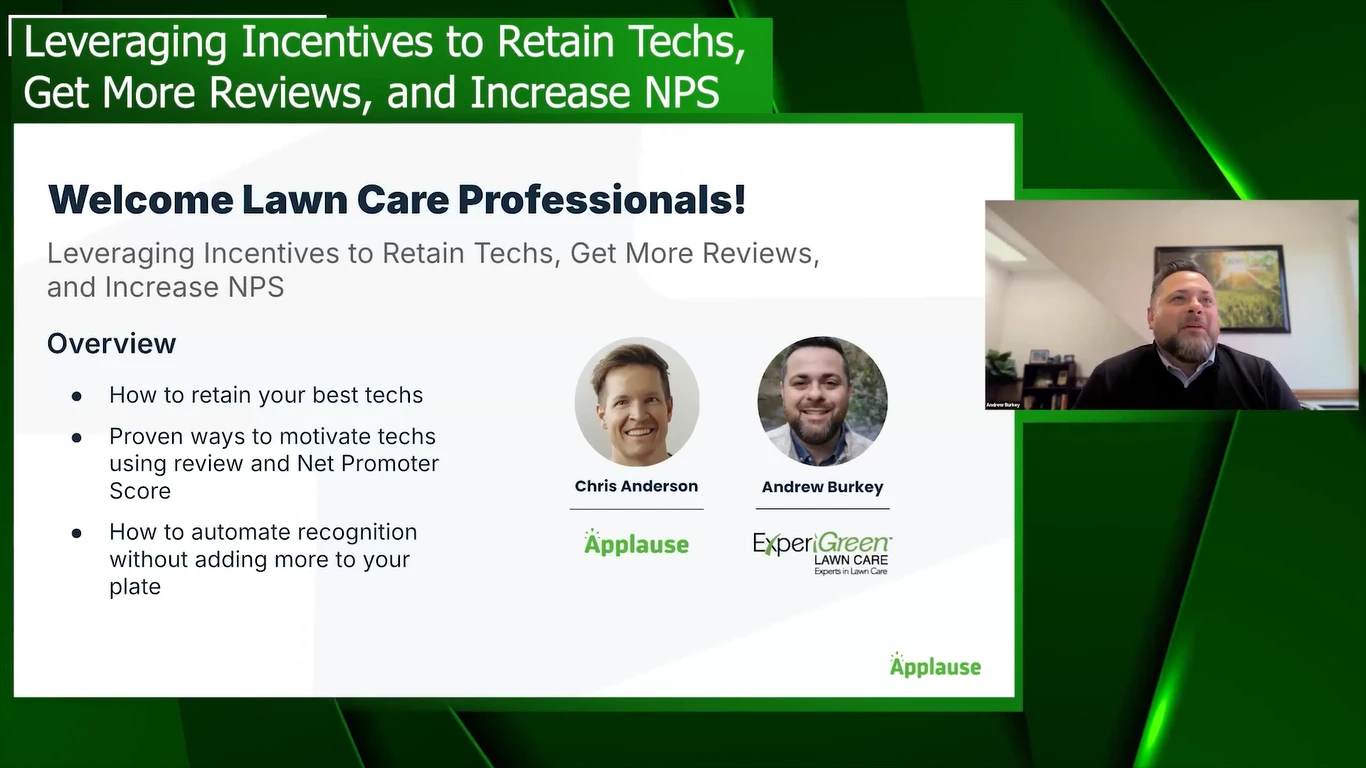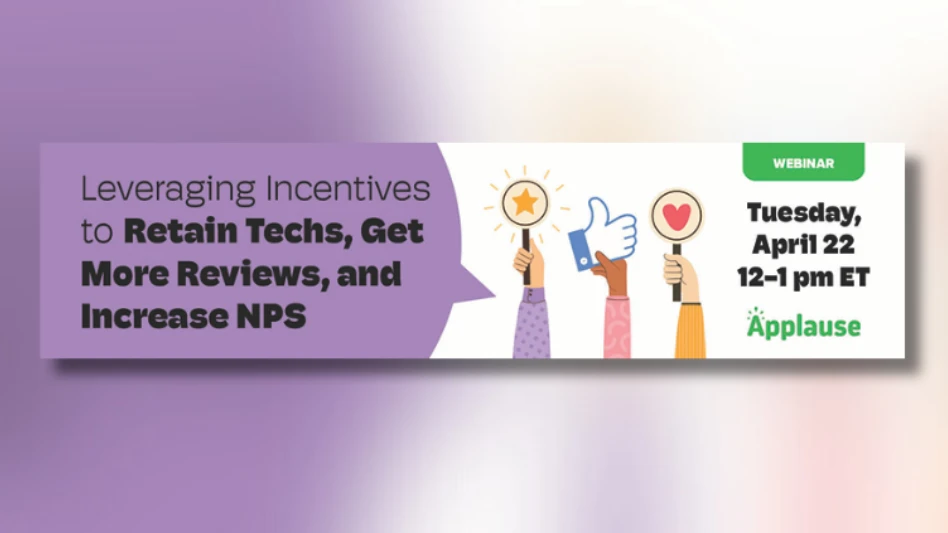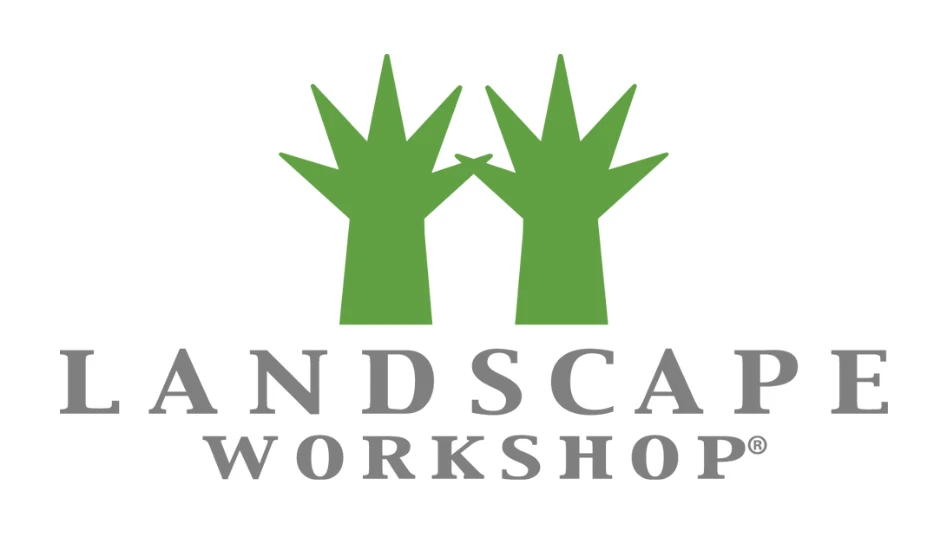
When it comes to stress for lawn care and landscaping business owners, finding and keeping good people is almost always front of mind. So we talked to GreenSearch President Larry Fish, who has spent the better part of the last two decades helping companies recruit and retain staff.
Lawn & Landscape: When is it beneficial to work with a recruiter?
Larry Fish: I would say all the time. The demand for talent persists throughout the business cycle. And the best recruitment companies I work with always stay in touch and often assist with the entire plan.
When you picture a typical green industry landscape organization, when they talk about a business plan, they talk about numbers. They very infrequently get into the whole man power planning aspect of their business planning.
If they’re thinking in terms of a three-year and then possibly a five-year perspective, they’re going to be better off in the long term if they’re incorporating man power strategies into that business plan.
A good search partner will be knowledgeable, experienced and have a good basis to get on the same wavelength as their clients and get to it as far as what your needs are. It’s amazing what occurs at the end as far as business development.
So it’s good to work with a recruiter on a more ongoing basis whether you have specific needs or not at that point.
“You know your culture best; you know the key behaviors that are going to result in the best hires.” Larry Fish, president, GreenSearch
LL: What are some of the biggest mistakes you’ve seen people make?
LF: What I think people need to take a harder look at, first and foremost, is feedback I get from candidates that they have a poor interview experience. And that’s not setting aside proper time and those courtesies that go along with interaction with people. You get interruptions and that sort of thing.
Maybe not asking appropriate – or asking probing questions, doing too much of the talking, not allowing the candidate to express themselves, especially what they’re thinking. It’s one thing to go through a resume and say you’ve done this and this as opposed to finding out what’s really going on inside of their heads. All of that contributes to a poor interview experience.
Another item worth noting that I see time and time again is that hires are made and there is a behavioral or otherwise cultural mismatch which results in a short-tenured hire. This is where an employer must do a better job as far as fact-finding and digging a layer deeper into what the person is thinking. Ask a more experience-related question and it makes them tell a short story. That is very revealing.
You know your culture best; you know the key behaviors that are going to result in the best hires.
You know the old adage: repeating the same thing and expecting different outcomes. Time and time again, employers have this process in mind. Maybe they have a key administrator that sets up the interview and then they select individuals that maybe are not skilled in the process of interviewing. So there needs to be some training; there needs to be some experience before your hiring manager to do the interviewing.
There has to be some skill set as a basis before you allow someone to do that. It’s repeating those types of things and then you wake up one day and you say, ‘How come my turnover is 90 percent in this job category?’
And finally, those gaps that occur once you hire someone. That onboarding experience has to be superb. You have to ensure that productive time is invested. That will engage the new hire to be productive quickly. That means, ‘OK, I understand my role here. I understand the orientation period. I understand what my boss’ expectations are, compensation opportunities, the benefit strategy, all that sort of thing, so I can get productive quickly.’
All of that lends nicely to investing an adequate amount of time and it’s not like you can do it in one day either. I like onboarding that’s more staged. The first couple of days, obviously you’re taking care of all that administrative stuff but after that, there has to be a strategy where you’re spending a good amount of time indoctrinating someone to the client base – to how we operate here and interaction with those folks within the organization that can influence my career.
“Always make sure that you treat people decently as you would like to be treated.” Larry Fish, president, GreenSearch
LL: What recommendations do you have for making a job posting?
LF: Timely follow-up is very important. It sets the stage for better outcomes. So don’t let the responses to the postings gather dust because there should be a strategy of following up with those parties that you’re interested in speaking to, ideally within 48 to 72 hours. That’s ideal based on the time of year but with all of the other business priorities, that might not be feasible.
But if you’re going to invest time in soliciting candidates for a position, be prepared to have the resources available to treat those people properly. In particular, I’ve always felt that whether it be candidates I speak with or my clients, all these people are potential customers in that they know people.
One person has a bad experience and they’ll tell 10 but it’s the opposite with a good experience.
Always make sure that you treat people decently as you would like to be treated.
And have a script – maybe no more than five questions, kind of a screening sort of thing to ensure that those you decide to bring in for a face-to-face interview are properly screened based on those five or six questions.
It’s a good effort to prescreen so there’s minimal wasted time when you decide to bring someone in.
LL: What can companies do to make the most of their time with a recruiter?
LF: I find it very, very helpful that if an employer, prior to contacting us, knows what they’re looking for and has a clear understanding of the job requirements. They really need to have a good understanding of what the fit is as far as those cultural things that they know a person needs to possess that would demonstrate that they’ll be more successful in their organization. It’s that cultural fit.
I think an employer also needs to be prepared to discuss, candidly, the advantages and disadvantages of working with their company. It’s refreshing when an employer can articulate the advantages and disadvantages of working at their organization. It gets everyone on more of an even playing field because they’re comfortable describing how it works at their organization.
And then they’ll be better able to answer the question: What are the critical success factors for someone to do well at your organization?

Explore the February 2018 Issue
Check out more from this issue and find your next story to read.
Latest from Lawn & Landscape
- Retargeting Ads – A Secret Weapon for Growing Your Lawn Care Business
- Leading a growing company
- Project EverGreen launches Clean Air Calculator
- Rain Bird acquires smart lawn care company OtO from Toronto
- PBI-Gordon names Marvin as VP of research and development
- Mean Green rolls out Vanquish Autonomous mower
- Focal Pointe launches new podcast series
- Navigating due diligence checklist for selling lawn business





